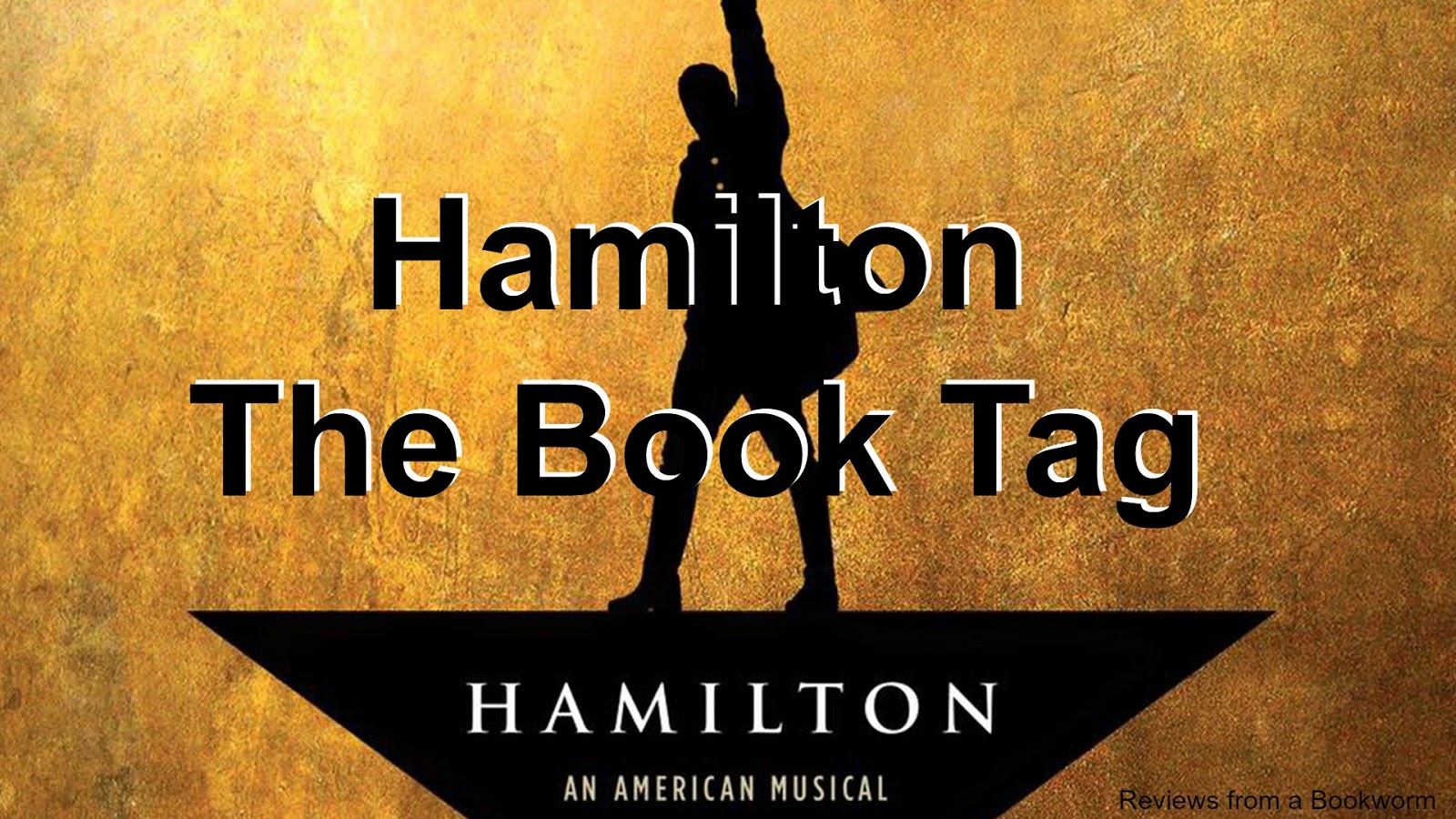The "Hamilton Book" is not just a collection of pages bound together; it's a powerful narrative that intertwines history, art, and the human experience. This captivating book delves into the life and legacy of one of America's founding fathers, Alexander Hamilton, revealing his trials, triumphs, and the indelible mark he left on the nation. The story is enriched by the musical adaptation that has brought Hamilton's life to the forefront of modern culture, making it a topic of discussion in classrooms, theaters, and homes across the globe.
Through a blend of historical facts, personal anecdotes, and artistic expression, the "Hamilton Book" invites readers to explore the complexities of Hamilton's character and the era he lived in. It serves as a reminder of the resilience of the human spirit and the impact one individual can have on the course of history. Whether you are a history buff, a fan of musical theater, or simply curious about the man behind the legend, this book offers insights that are both enlightening and entertaining.
As we navigate the pages of this remarkable work, we uncover not just the story of Hamilton, but also the lessons that resonate with our contemporary lives. The "Hamilton Book" encourages us to reflect on our own journeys and the legacies we wish to leave behind. It stands as a testament to the power of storytelling and the importance of understanding our past to shape a better future.
What is the Biography of Alexander Hamilton?
Alexander Hamilton was born on January 11, 1755 (or 1757, as the exact year is debated) in Charlestown, the capital of the island of St. Kitts. He was an orphaned child who overcame tremendous odds to become one of the most influential figures in American history. Hamilton played a crucial role in the founding of the United States and was the first Secretary of the Treasury. His financial policies laid the groundwork for the nation's economy and his contributions to the Federalist Papers were pivotal in the ratification of the U.S. Constitution.
| Personal Details | Information |
|---|---|
| Name | Alexander Hamilton |
| Date of Birth | January 11, 1755 (or 1757) |
| Birthplace | Charlestown, St. Kitts |
| Role | Founding Father, First Secretary of the Treasury |
| Major Works | Federalist Papers, Financial System |
| Date of Death | July 12, 1804 |
| Cause of Death | Gunshot wound (duel with Aaron Burr) |
Why is the Hamilton Book so Significant?
The "Hamilton Book" is significant for various reasons. It encapsulates the essence of a man who was not just a politician but also a visionary. Hamilton's ideas about government, economics, and human rights resonate strongly in today's society. Additionally, the book's connection to the award-winning musical has revitalized interest in Hamilton's life and contributions, making it accessible to a new generation of readers.
How Does the Hamilton Book Portray Hamilton’s Ideals?
In the "Hamilton Book," readers discover Hamilton's unwavering belief in a strong central government and a robust financial system. The book articulates his vision of America as a land of opportunity where individual merit could lead to success. It also explores his complex relationships with other founding figures, showcasing both his alliances and rivalries. The narrative is rich with themes of ambition, resilience, and the pursuit of justice, making it a compelling read.
What Can Readers Learn from the Hamilton Book?
Readers of the "Hamilton Book" can draw numerous lessons from Hamilton's life. Some of the most profound insights include:
- The importance of perseverance in the face of adversity.
- The value of financial literacy and economic planning.
- The impact of visionary leadership on a nation's trajectory.
- The complexities of human relationships in the pursuit of political goals.
How Has the Hamilton Book Influenced Modern Culture?
The influence of the "Hamilton Book" extends beyond literature; it has permeated music, theater, and education. The musical "Hamilton," inspired by the book, has redefined how history is taught and understood. It has sparked discussions on race, representation, and the founding of America, encouraging people to engage with history in a dynamic way. The book has also been integrated into school curricula, making Hamilton's story more accessible to students.
What Are Some Key Quotes from the Hamilton Book?
Throughout the "Hamilton Book," several quotes encapsulate Hamilton's philosophy and outlook on life. These quotes serve as a source of inspiration and reflection:
- "A well-adjusted person is one who is able to enjoy a little chaos in their life."
- "Men give me credit for some genius. All the genius I have lies in this: When I have a subject in hand, I study it profoundly."
- "The masses are a very fickle crowd."
- "If you don’t stand for something, you’ll fall for anything."
How Can Readers Connect with the Hamilton Book?
Connecting with the "Hamilton Book" can be an enriching experience. Readers can explore various formats, including:
- Print editions for those who prefer traditional reading.
- Audio versions for on-the-go learning.
- Digital formats that allow for interactive features.
- Study guides and discussion forums for deeper engagement.
Whether you are revisiting the book or discovering it for the first time, the "Hamilton Book" promises to ignite a passion for history and inspire a new generation of thinkers and leaders. Its lessons are timeless, and its impact is undeniable, making it a must-read for anyone seeking to understand the fabric of American history.
Article Recommendations
- Keri Russell Matthew Rhys Split
- Who Is Traci Braxtons Son
- David Bromstad Twin Brother
- Who Is Kathleen Turners Partner
- Age Layla Jenner
- Sophie Rain Video Free
- Rhcp Singer
- Simon Cowell Funeral
- Alex Lagina And Miriam Amirault Wedding
- Dennis Pegg Wife


